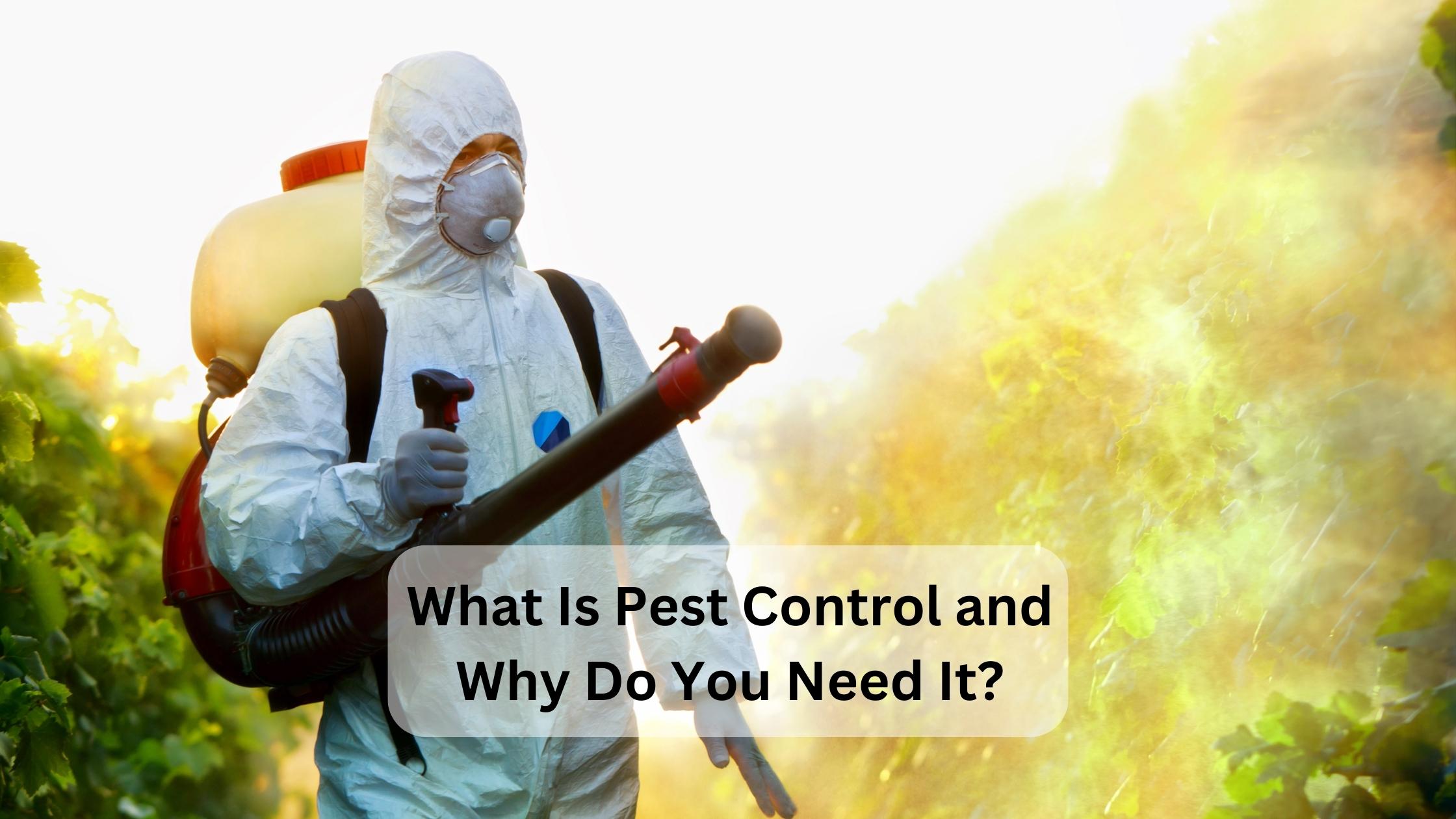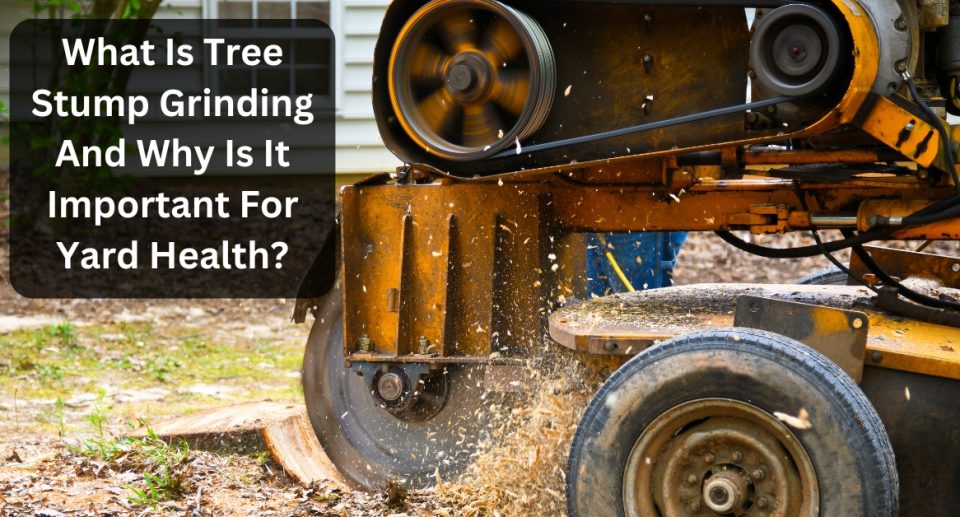Gardens are places of tranquility and beauty, offering a serene escape from our busy lives. However, maintaining a healthy and thriving garden is not always an easy task. Unwanted visitors, in the form of pests, can wreak havoc on your plants and diminish the hard work you’ve put into your green haven.
This is where pest control comes into play. In this article, we will explore what pest control is, why it’s necessary, the types of garden pests you might encounter, and how you can effectively keep them at bay. Additionally, we’ll discuss how to hire a pest controller and who they are.
Pest control refers to the management and regulation of pests that can harm plants, animals, and even humans. These pests can include insects, rodents, birds, and other organisms that cause damage or spread diseases. The primary aim of pest control is to minimize or eliminate these unwanted guests, ensuring a healthy and safe environment for everyone.
Where Do We Need Pest Management?
Pest control is essential in various settings, but it’s especially vital in gardens and agricultural areas. Pests in gardens can devour your plants, leaving them stunted or destroyed. They can also transmit diseases, affecting not only your plants but also the well-being of your family. In agriculture, pests can lead to reduced crop yields and financial losses, impacting the availability and cost of food for everyone.
What Are The Types of Garden Pests?
Garden pests come in many forms, each with its unique characteristics and challenges. Some of the most common types of garden pests include:
Insects: These tiny but destructive creatures can include aphids, caterpillars, beetles, and more. They feed on plants, leaving behind holes, wilted leaves, and other signs of damage.
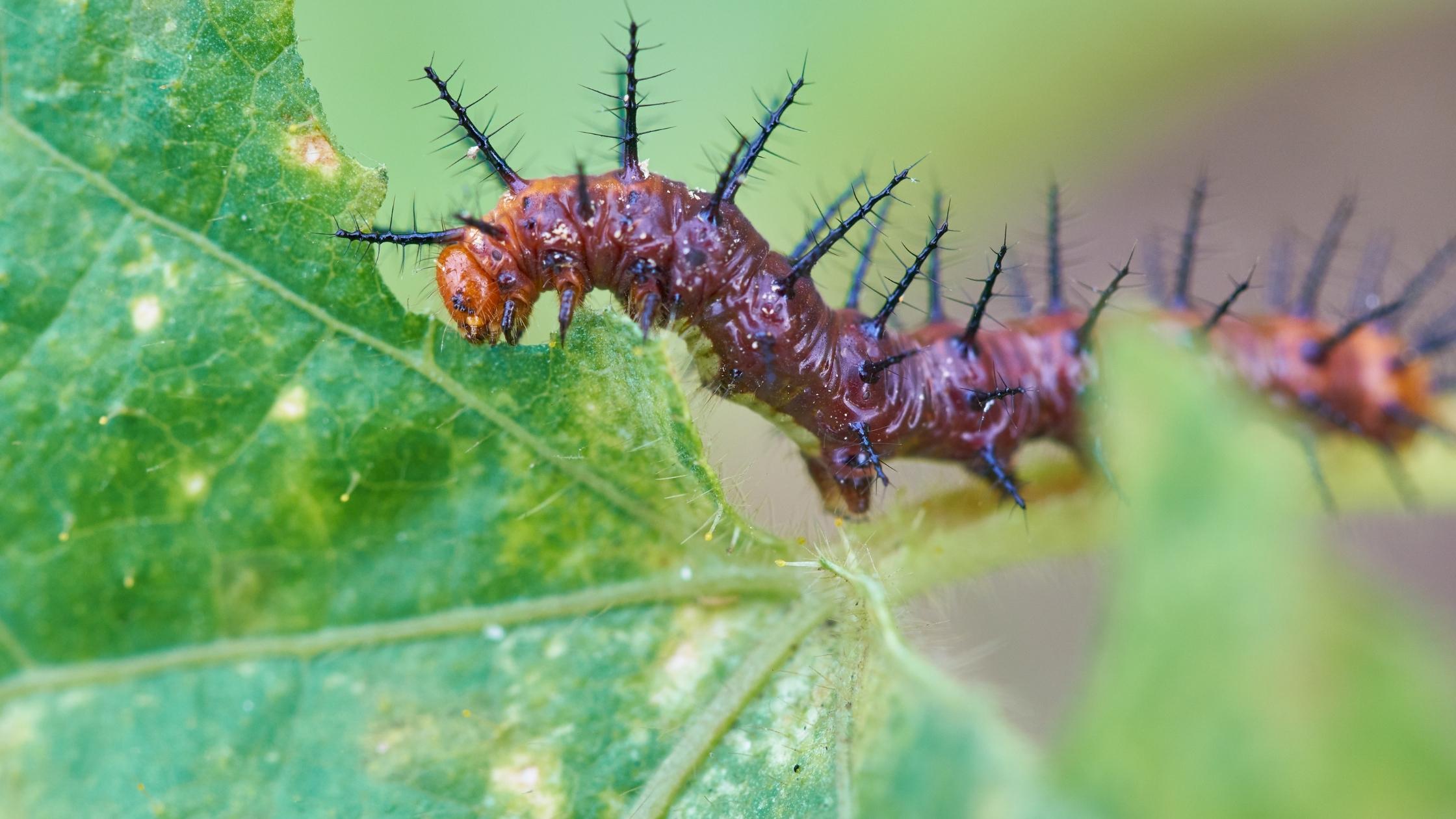
Rodents: Rats and mice are notorious garden pests. They can nibble on the roots and fruits of your plants, ruining your hard work.
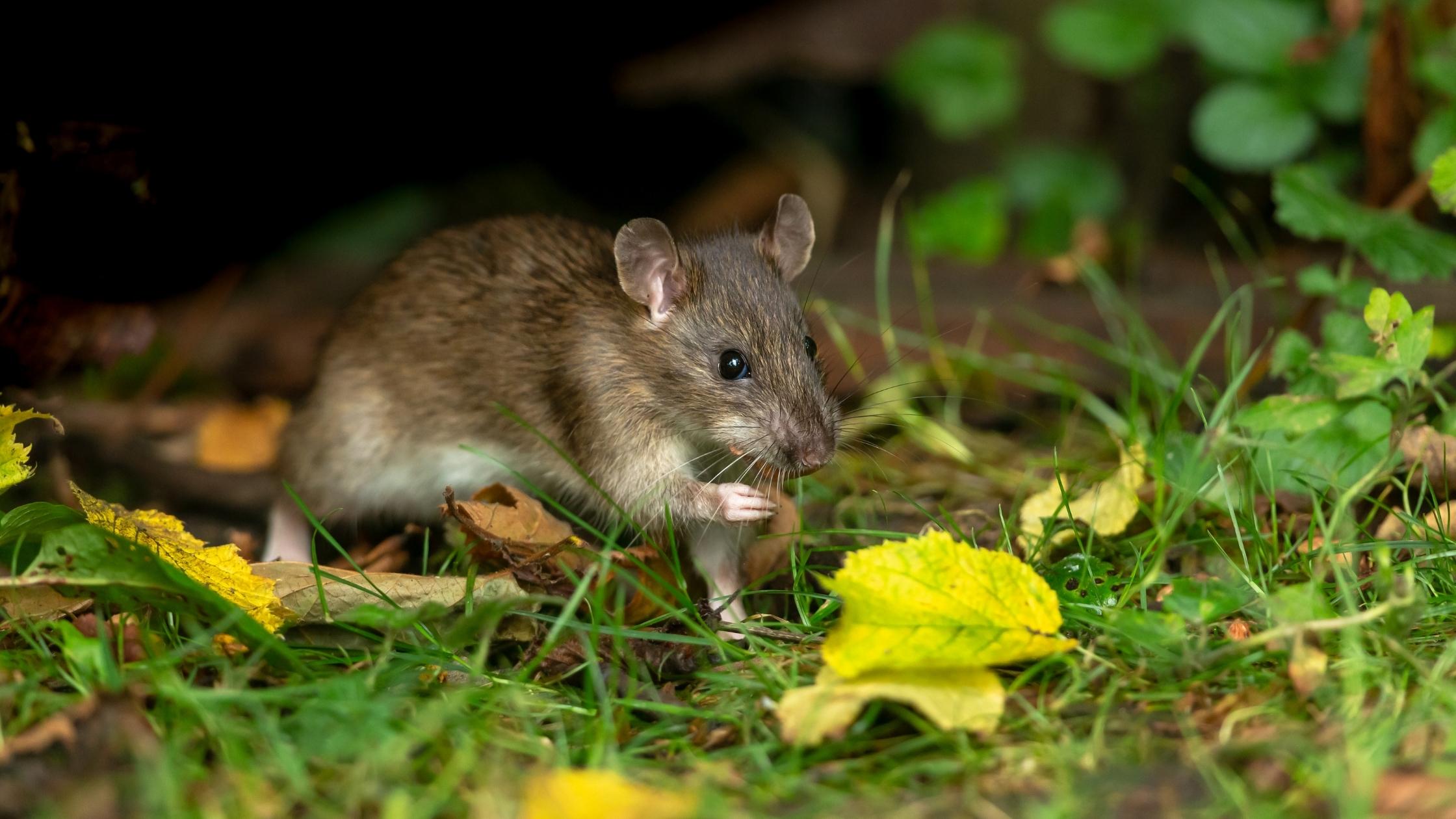
Birds: Birds like pigeons and sparrows may peck at your fruits and vegetables, causing losses and making a mess in your garden.

Snails and Slugs: These slimy pests can devour tender leaves and flowers, leaving a trail of destruction in their wake.
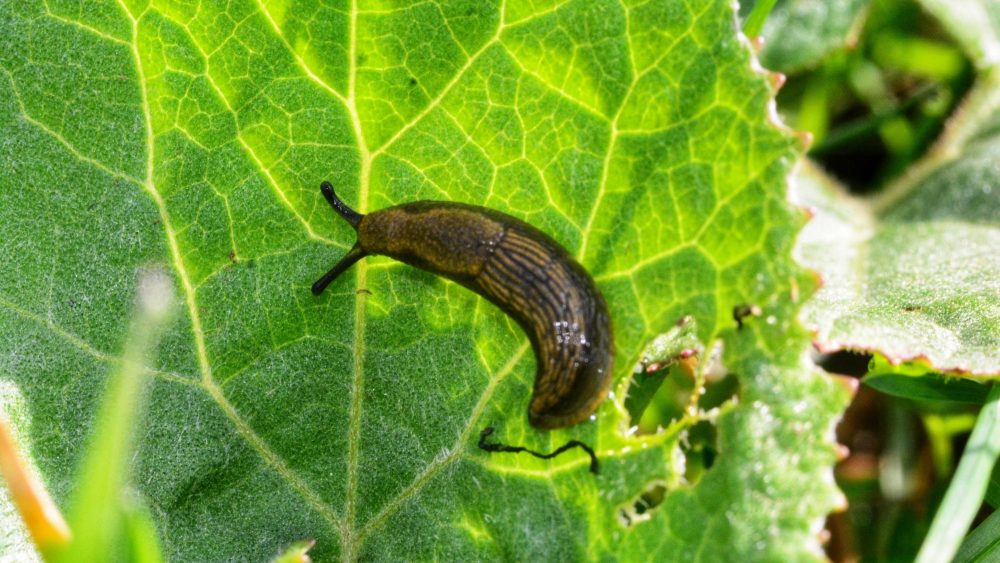
How Do You Control Garden Pests?
To maintain a pest-free garden, you can explore various pest control options to protect your lawn and garden:
Natural Predators: Attract beneficial insects like ladybugs, lacewings, and birds that feed on garden pests. This is an eco-friendly way to maintain a balanced ecosystem in your garden.
Chemical Control: Insecticides, pesticides, and herbicides can be used, but with caution. These chemicals should be applied sparingly and in accordance with the manufacturer’s instructions to prevent harm to beneficial insects and the environment.
Traps: Traps can effectively control certain pests like snails, slugs, and rodents. You can set up various types of traps to capture and remove them from your garden.
Barriers: Create physical barriers like fences, nets, or row covers to protect your plants from birds and larger pests.
How Do You Hire a Pest Controller?
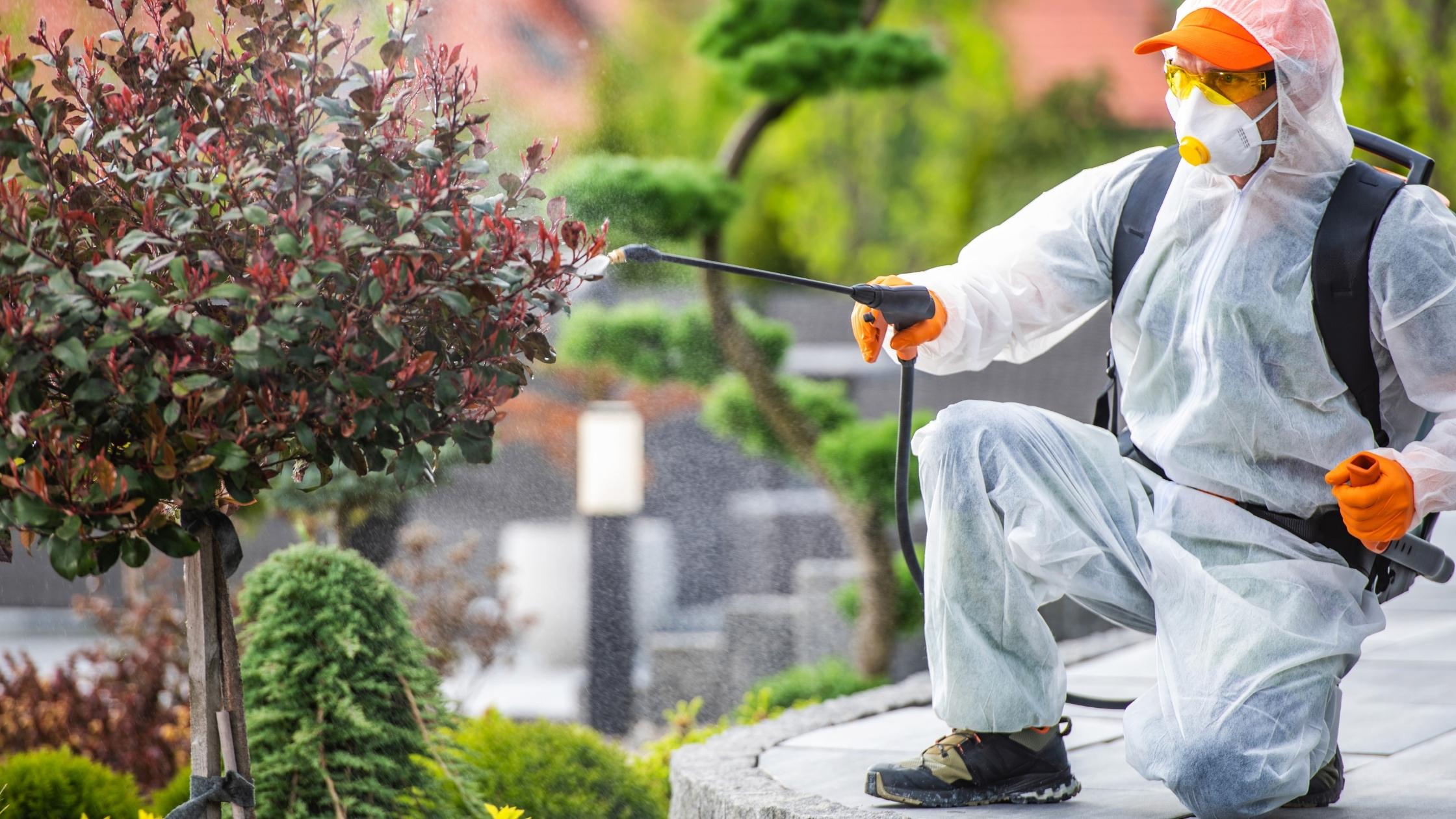
When it comes to hiring a pest controller, you’ll want to ensure that you’re making an informed decision. Here’s a step-by-step guide on how to find the right pest controller while keeping your lawn in top shape:
Research:
To begin, conduct a thorough investigation of local pest control services in Texas. You can seek recommendations from your local gardening community, friends, family, or neighbors. Explore online resources as well, where you can find reviews and ratings. It’ll help you make a sound decision.
Credentials:
Once you’ve identified potential pest controllers for lawn pest control services in Texas, check their credentials. Make sure they are licensed and certified to handle pest problems in the state of Texas. This guarantees that they possess the necessary knowledge and experience to address your specific needs, whether it’s for your lawn or garden.
Get Quotes:
Request quotes from several pest controllers. This allows you to compare their services and prices, ensuring that you find a suitable balance between cost and quality. Additionally, don’t hesitate to ask questions about their methods and the chemicals they use, as this will give you a better understanding of their approach to lawn pest control.
Check References:
Lastly, ask for references or testimonials from previous clients. It’s important to hear about their track record, particularly in the local climate. Satisfied customers can provide valuable insights into a pest controller’s performance, helping you make an informed decision.
To Wrap Things Up
Maintaining a beautiful and thriving garden, along with ensuring effective lawn pest control services in TX, requires a proactive approach. Understanding what pest control is, why it’s necessary, the types of garden pests you may encounter, and how to manage them is crucial for garden enthusiasts. By taking a proactive approach to pest control and considering professional help when needed, you can keep your garden and lawn in Texas healthy and pest-free, ensuring it remains a source of joy and relaxation for you and your family.


